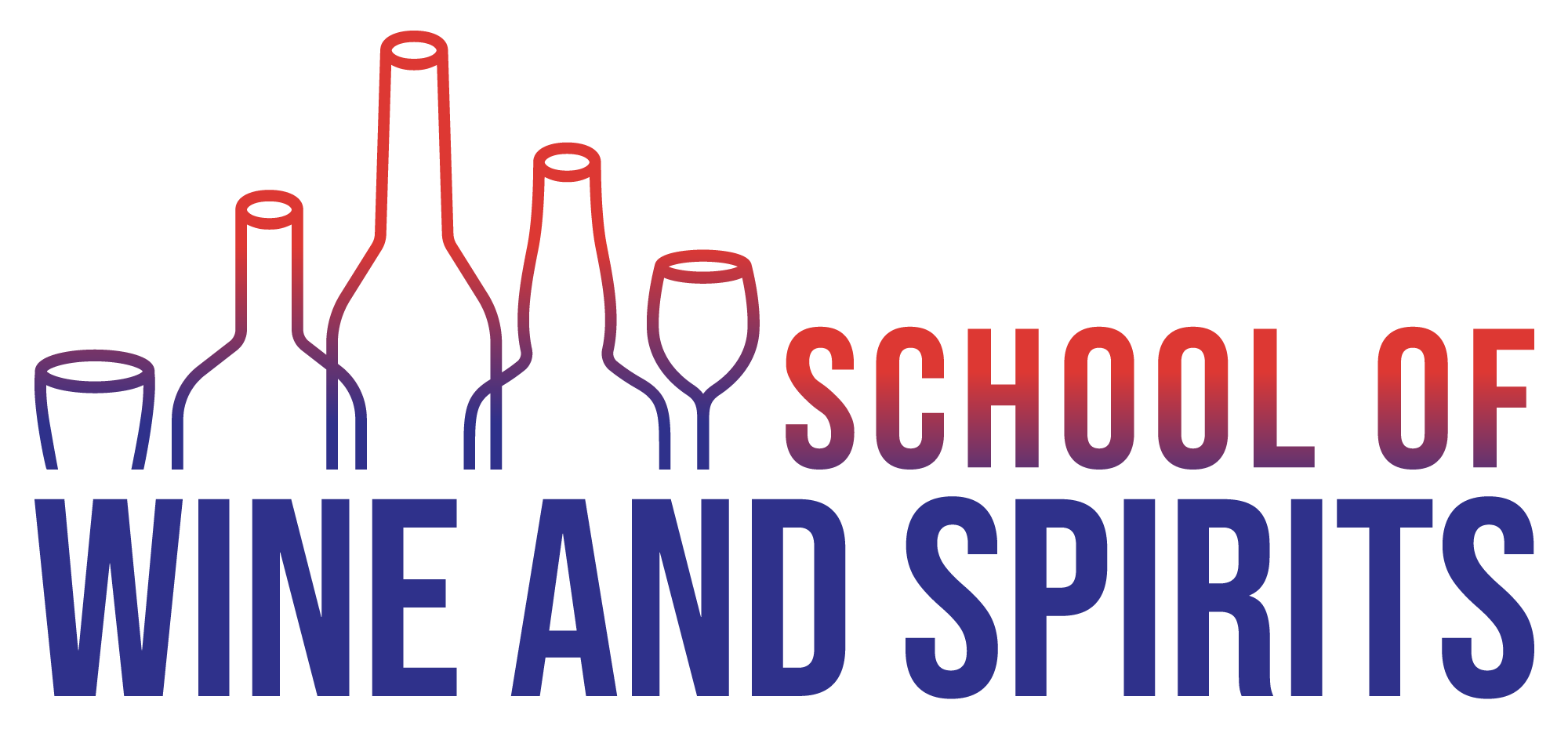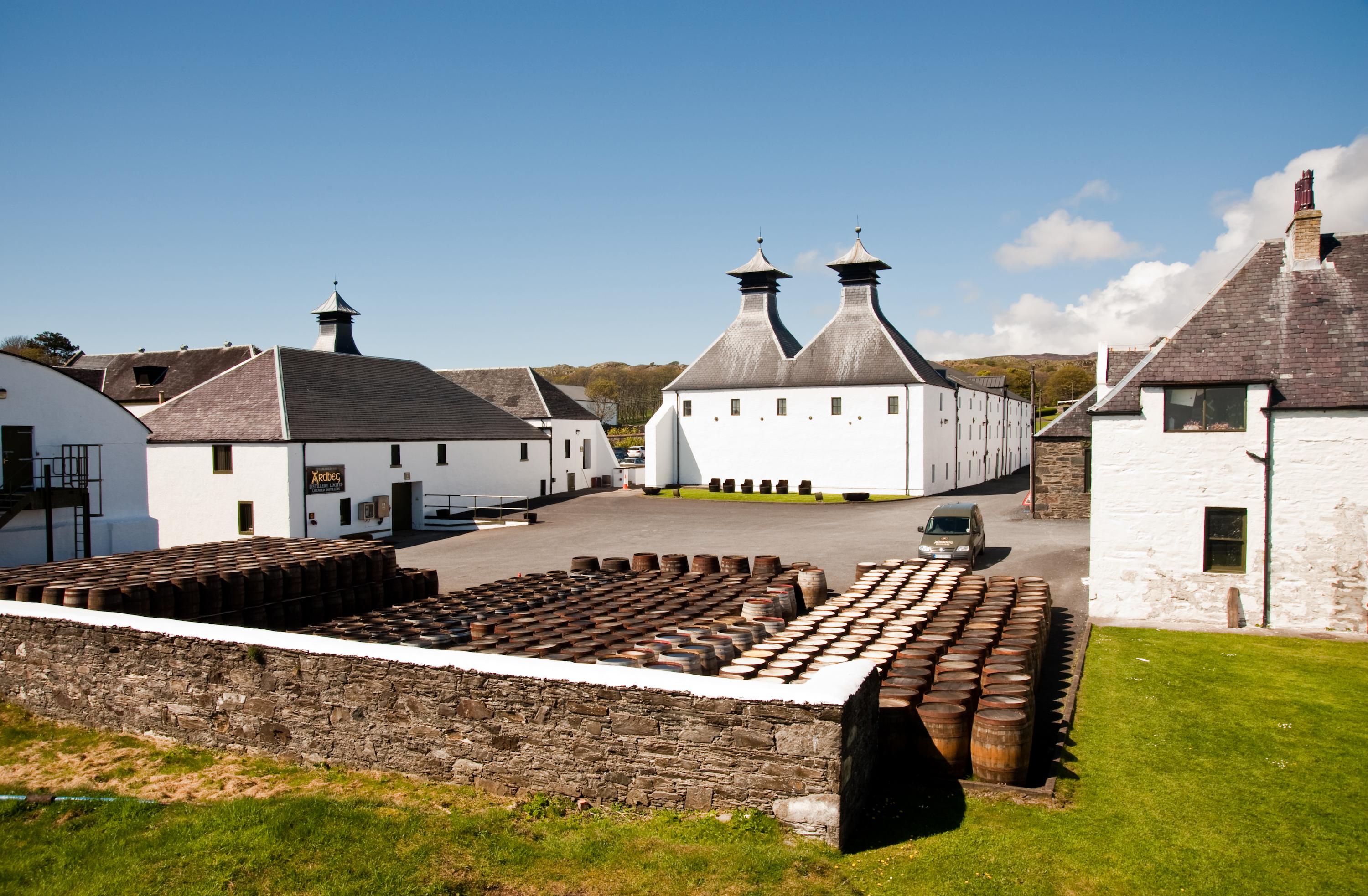The story of Scotch whisky is a tale woven into the fabric of Scotland's history, culture, and heart. It's a narrative that spans centuries, evolving from a rudimentary distillation process to become one of the world's most cherished and celebrated spirits. This journey through time reveals not only the origins of Scotch whisky but also its profound impact on Scottish identity and the global spirits industry.
The Early Days
The genesis of Scotch whisky is shrouded in the mists of early medieval Scotland, with the first documented instance dating back to 1496. However, it's widely believed that the practice of distilling 'uisge beatha'—Gaelic for 'water of life'—began long before. Monks, credited with introducing distillation to Scotland from Ireland in the 4th and 5th centuries, initially used this technique for medicinal purposes. Over time, the distilled spirit began to be appreciated not only for its purported healing properties but also for its warmth and complexity of flavor.
The Transition to Scotch
As distillation spread across Scotland, each region began to develop its unique style, influenced by the local climate, water source, and available ingredients. By the 15th and 16th centuries, whisky production had moved from a small-scale, monastic activity to a more widespread practice among Scottish households. However, it wasn't until the Act of Union in 1707, which merged the English and Scottish parliaments, that the whisky industry faced its first significant challenge. Taxes imposed on whisky production led to the rise of illicit distilling and smuggling, practices that became deeply entrenched in Scottish society.
Legalization and Expansion
The Excise Act of 1823 marked a turning point, making legal distillation more financially viable and paving the way for the modern Scotch whisky industry. This era witnessed the establishment of many distilleries that are still celebrated today. Innovations in distillation, aging, and blending during the 19th century further refined the whisky-making process, setting the standards for what constitutes Scotch whisky.
Global Recognition
The 20th century brought Scotch whisky to the global stage, despite challenges such as Prohibition in the United States and two World Wars. The resilience and quality of Scotch whisky solidified its status as a premium spirit, enjoyed by connoisseurs and casual drinkers alike. Scotch whisky's global appeal has only grown in the 21st century, with a renewed interest in single malts and craft distilleries, alongside the enduring popularity of established blends.
Scotch Today
Today, Scotch whisky represents a harmonious balance between tradition and innovation. With over 120 distilleries spread across Scotland's whisky-producing regions—each imparting its unique characteristics to the spirit—Scotch whisky continues to captivate and enchant. Its production is governed by strict laws, ensuring that Scotch whisky remains a product of exceptional quality and authenticity.
The journey of Scotch whisky from its humble beginnings to its current esteemed position is a testament to Scotland's enduring spirit. It's a narrative of craftsmanship, community, and innovation that has transcended time, making Scotch whisky not just a beverage, but a symbol of Scottish heritage and pride that is celebrated worldwide.
If you are a Scotch or Irish Whisky Fan, Check out our Whisky Aroma Training Kit!



Share:
The Evolution of Bourbon: Tracing its Rich History
The Renaissance of Gin: Tracing Its Modern Revival